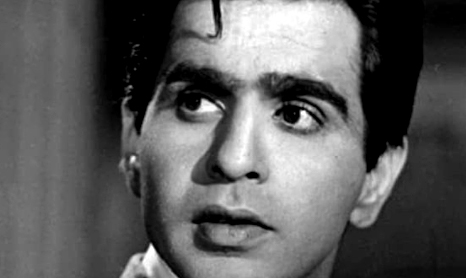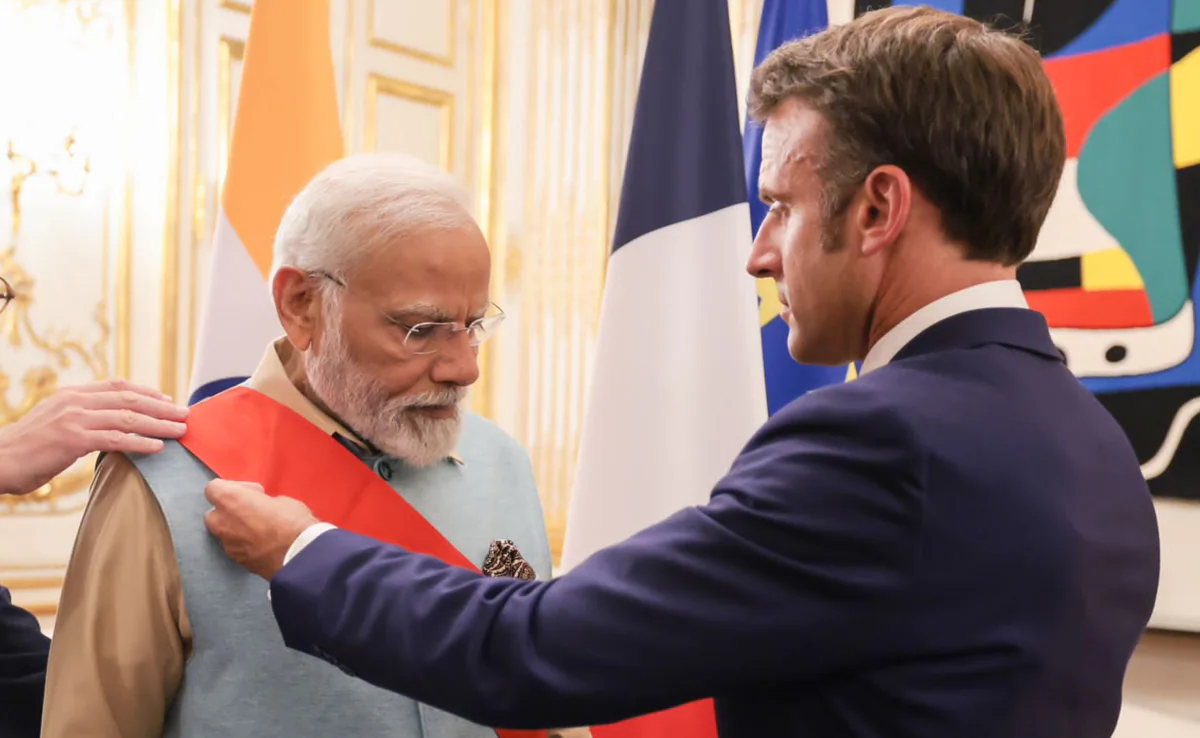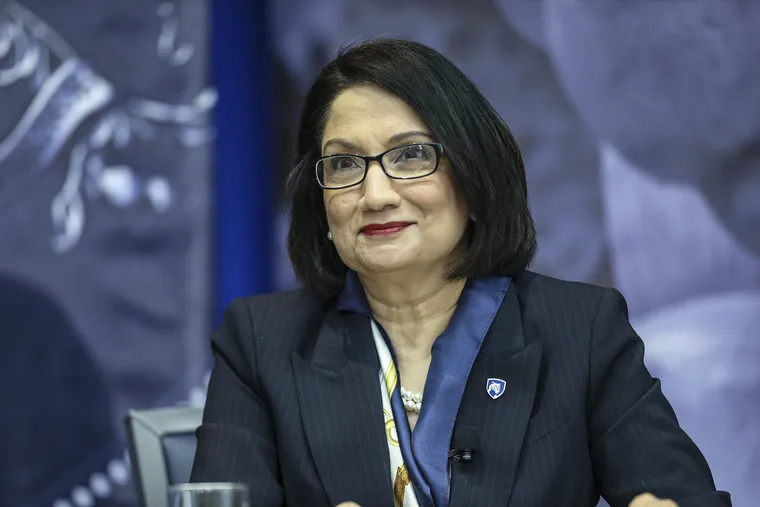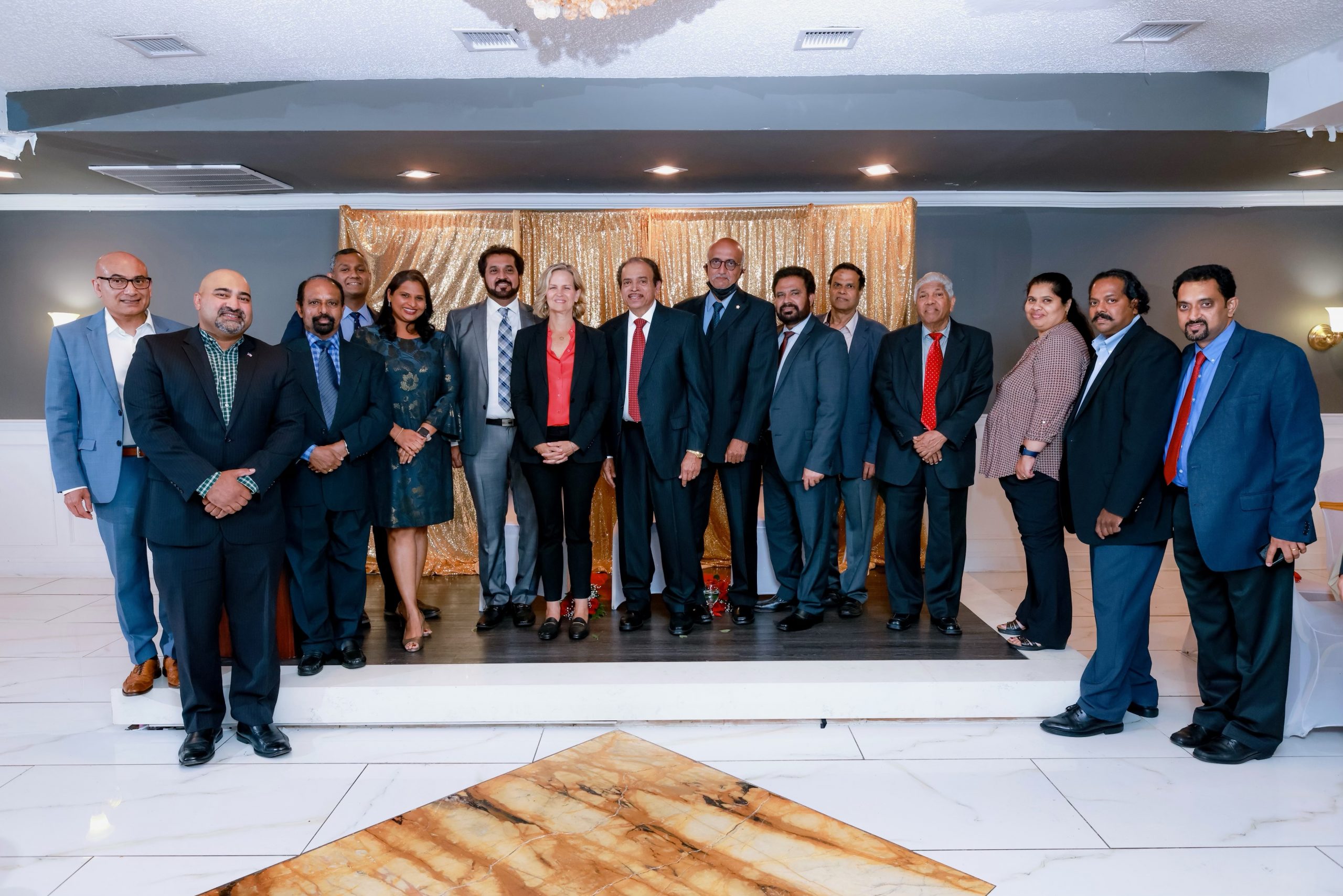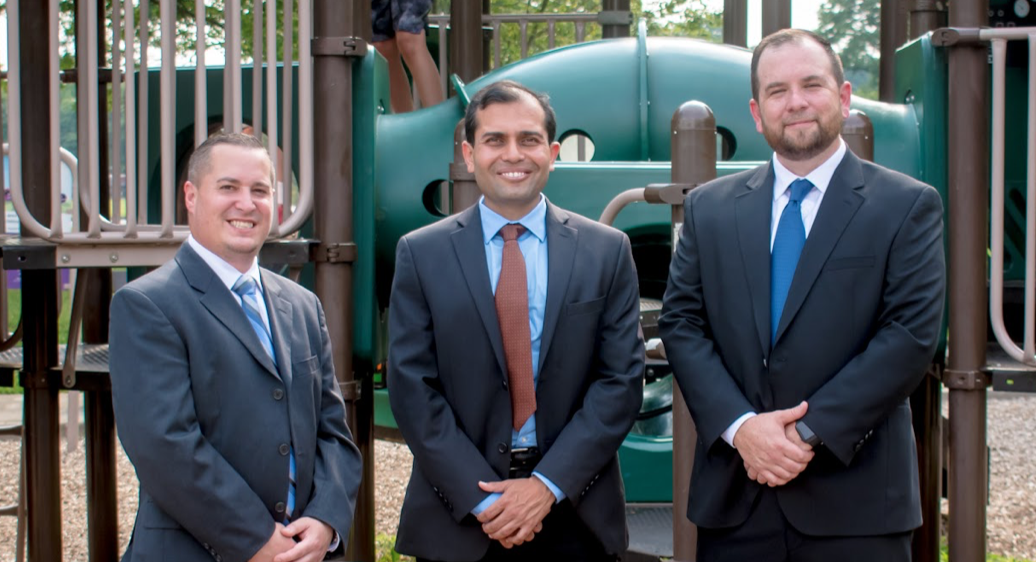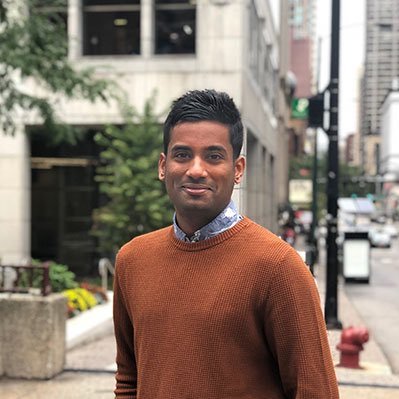At their meeting Quad foreign ministers reaffirmed their steadfast commitment to supporting a free and open Indo-Pacific and reforms at the United Nations. Both the issues reflect the foreign policy priorities of New Delhi
Our Bureau
New Delhi
In an important development, the Quadrilateral Security Dialogue (Quad) on Friday reiterated its support for the UN Charter, including the expansion of permanent and non-permanent seats of the 15-member world body. The Quad Foreign Ministers carried out a comprehensive review of various issues, ranging from Indo-Pacific to ASEAN in a meeting presided by External Affairs Minister S Jaishankar.
The meeting of four Quad Foreign Ministers was presided by External Affairs Minister S Jaishankar, Australian Foreign Minister Penny Wong, Japanese counterpart Yoshimasa Hayashi and US State Department Secretary Antony Blinken.
Talking about the reforms in United Nations Security Council, the Quad foreign ministers said, “We concur that the rules-based international order is anchored in international law, including the UN Charter, and the principles of sovereignty, political independence, and territorial integrity of all states. We are committed to cooperating to address attempts to unilaterally subvert the UN and international system, in consultation with our partners and through multilateral and international platforms,” the statement read.
“We reiterate our unwavering support for the UN Charter, including its three pillars, and our steadfast commitment to strengthening the UN and international system through a comprehensive reform agenda, including through expansion in permanent and non-permanent seats of the UN Security Council. In this regard, we commit to active and constructive engagement in the Inter-Governmental Negotiations (IGN) process on Security Council Reforms with an overall objective of making the UN Security Council more effective, representative, and credible,” it added.
In September last year, a joint statement was issued following a meeting of Quad foreign ministers in New York on the sidelines of the UN General Assembly committed towards expanding the UNSC. That meeting was attended by Penny Wong of Australia, S Jaishankar of India, Hayashi Yoshimasa of Japan and US Secretary of State Antony Blinken.
Quad also reaffirmed its steadfast commitment to supporting a free and open Indo-Pacific and strongly supported the peaceful settlement of disputes without resorting to threats or use of force and freedom of navigation and overflight.
“Our meeting today reaffirms the Quad’s steadfast commitment to supporting a free and open Indo-Pacific, which is inclusive and resilient. We strongly support the principles of freedom, rule of law, sovereignty and territorial integrity, peaceful settlement of disputes without resorting to threat or use of force and freedom of navigation and overflight and oppose any unilateral attempt to change the status quo, all of which are essential to the peace, stability and prosperity of the Indo-Pacific region and beyond,” according to the statement released by Quad.
These statements came against the backdrop of growing China’s assertiveness in the region.
Foreign ministers of the Quad grouping on Friday condemned as “inadmissible” Russia’s threat to use nuclear weapons in its ongoing conflict against Ukraine and underscored the need for “a comprehensive, just and lasting peace in Ukraine.”
“We continued to discuss our responses to the conflict in Ukraine and the immense human suffering it is causing, and concurred that the use or threat of use of nuclear weapons is inadmissible,” read a joint statement by the Quadrilateral Security Dialogue or Quad.
“We underscored the need for a comprehensive, just and lasting peace in Ukraine in accordance with international law, including the UN Charter. We emphasized that the rules-based international order must respect sovereignty, territorial integrity, transparency and peaceful resolution of disputes,” it said.
In February this year Russian President Vladimir Putin had announced a withdrawal of Russia from the New START, a landmark nuclear arms control treaty and threatened to resume nuclear tests. This came on the one-year anniversary of the conflict between Russia and Ukraine, which is still displaying signs of escalation.
The West also recently announced the supply of more advanced weapons to Ukraine, deepening its involvement in the conflict. In response, Russian President Vladimir Putin has already reinforced Russian positions along the 1,000-km-long frontline in Ukraine.
Risks of a direct confrontation between Russia and the North Atlantic Treaty Organization (NATO), both nuclear powers, are also on the rise as the war is extended.
In the meeting, Foreign Ministers said the Quad, as a force for regional and global good, will be guided by the priorities of the Indo-Pacific region through its positive and constructive agenda.
Quad Foreign ministers sought support in the region through practical cooperation on contemporary challenges such as health security, climate change and the clean energy transition, critical and emerging technologies, infrastructure and connectivity. The Foreign ministers also addressed the debt crisis, space cooperation, cyber-security, humanitarian assistance and disaster relief (HADR), maritime security and counter-terrorism.
The Foreign Ministers of Quad or the Quadrilateral Security Dialogue held a frank discussion on the international situation and on the future direction of the Quad, said Yukiko Okano, Deputy Press Secretary, Ministry of Foreign Affairs of Japan in an online press briefing on Friday.

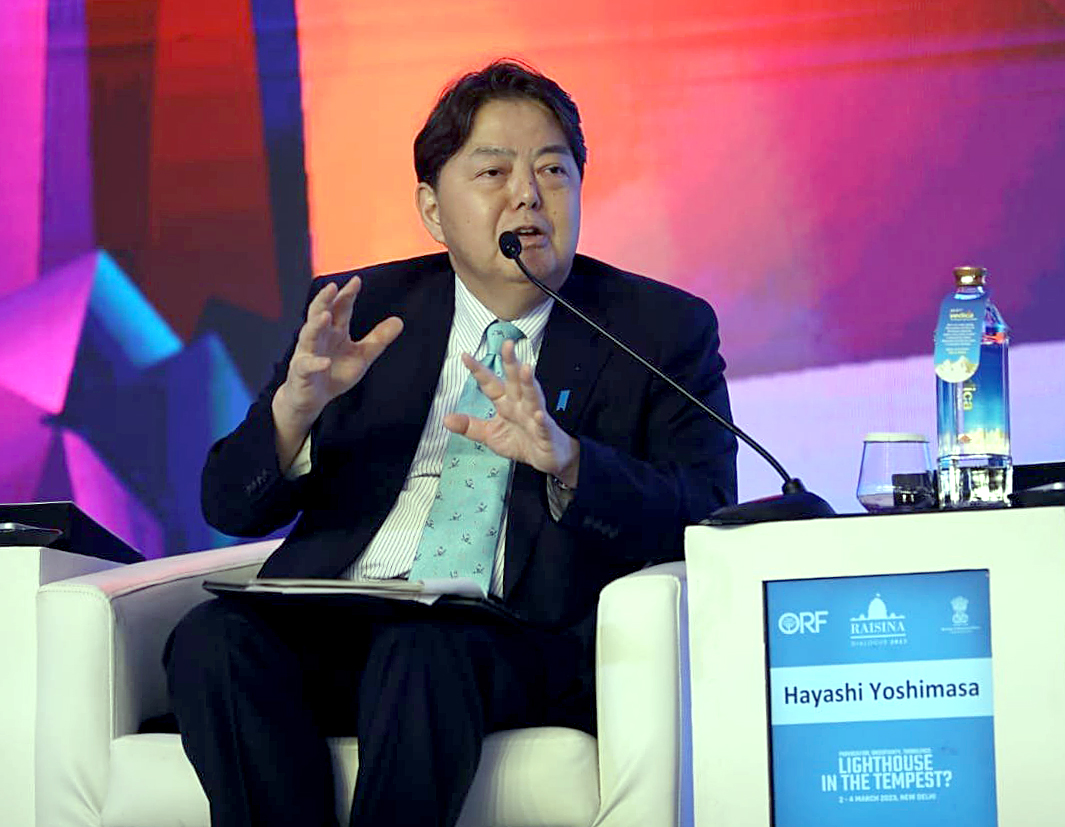
“On Quad meeting, this year India is the host and Australia will host the summit meeting. The Four Quad ministers met face to face and had very frank discussions on the current international situations and on the future directions on the quad,” said Okano.
“The four countries decided to promote cooperation and communication with the ASEAN countries in the view of free and open Indo-Pacific, upholding basic principles of now allowing change of status quo unilaterally by force”, she added.
Speaking about India and Japan’s bilateral relationship and India’s G20 Presidency, the deputy said that the relationship is strengthening and that Japan would like to cooperate with India during the G20 presidency throughout the year.
“He (Foreign Minister Hayashi) arrived early in India to attend the Quad Breakfast meeting. He took part in Raisina panel discussion. He held several bilateral meetings like with Oman, Canada and he participated in the walking lunch hosted by FM Jaishankar”, she said.
“He had participated in the working lunch hosted by Jaishankar. It lasted about an hour. The two ministers have met several times. It is his first visit to India. He paid respect to Jaishankar who recently concluded the G20 ministerial meeting and as being the chair of the G7, Japan would like to cooperate with India at G20 presidency throughout the year”, she added.
On the participation of the ministers at the Quad panel discussion, Okano said that the Minister talked about the possible directions of the Quad and expressed his views that Quad is guided by the vision of free Indo – Pacific and there was a discussion on ASEAN centrality as well.
“Russia never engage in playing any country against…”: Lavrov on Indo-Pacific
Russian Foreign Minister Sergey Lavrov on Friday said that Moscow has never engaged in playing one country against another but it is “being tried by some other outside players” in the context of so-called Indo- Pacific strategy.
“We never engage in playing any country against any other country but this is, unfortunately, being tried by some other outside players in the context of so-called Indo- Pacific strategy, using Quad, not for economical purpose but trying to militaries it,” Lavrov said. It is pertinent to mention that the Quadrilateral Security Dialogue, known as the Quad, is a strategic security dialogue between Australia, India, Japan and the United States.
“The idea promoted by our American friends of ASEAN plus Quad is openly aimed at ruining East Asia Summits. In other words, it means East Asia Summits minus China and Russia,” Lavrov said in a discussion with Observer Research Foundation.
Talking about Russia’s relations with India and China, Lavrov said that he had good relations with both countries. He further stated that the relations with India are characterized in official documents signed by the two leaders as a “specially privileged strategic partnership” which is the only status that was given to any other on paper.
“We are interested in these two (India-China) great nations to be friends. It was the initiative of my predecessor to create troika of Russia, China and India which culminated in the BRICS formation. My feeling is that the more they meet, the better,” Lavrov added.
Talking about the negotiation with Ukraine, the Russian Foreign Minister said, “Everyone’s asking when Russia is ready to negotiate. Nobody asks Ukrainian President Volodymyr Zelenskyy when he’s going to negotiate. Last year, Zelenskyy signed a document making it a criminal offence to negotiate with Russia as long as Putin is present. Can you ask him what he’s doing?”
Lavrov also talked about NATO and the war. He said that Ukraine had said earlier that they will not expand NATO but then they changed their words.
“Ukraine legally cancelled the MINSK agreement, which is a series of agreements sought to end the Donbas war fought between armed Russian separatist groups and the Armed Forces of Ukraine, that has to do with the Russian language. And when the people who did not accept the coup in the east of Ukraine and in Crimea said, guys, leave us alone, we are not going to follow your policies,” Lavrov said.

















